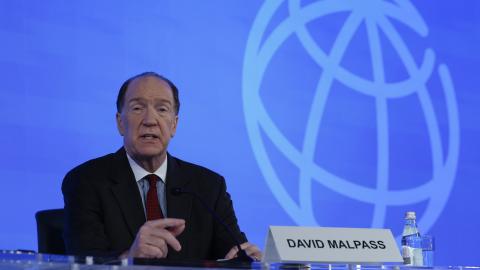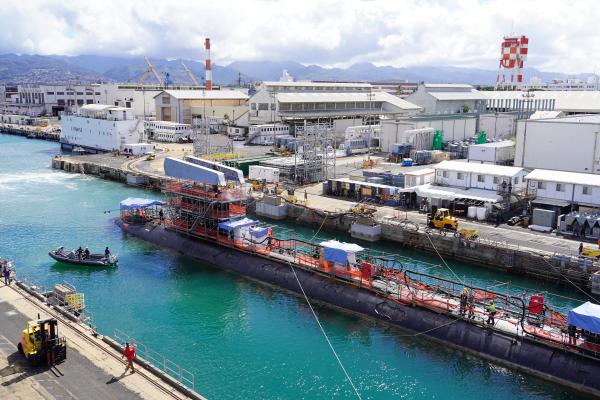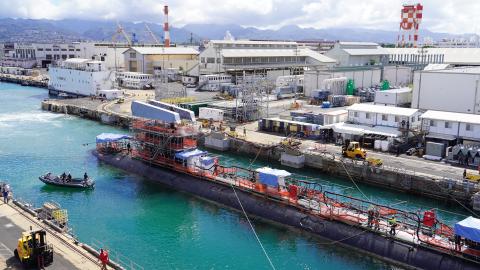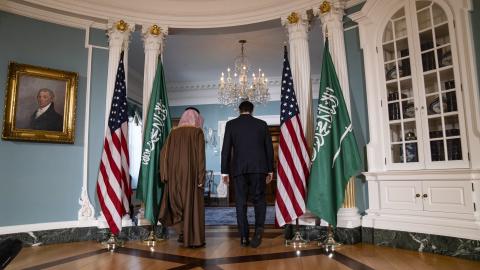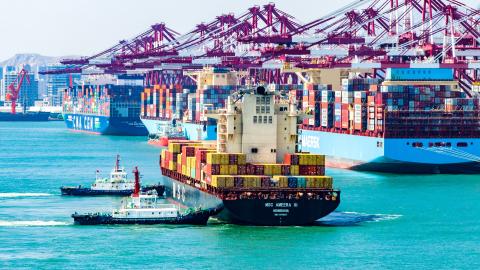
David Malpass has had a distinguished career in finance and international economics, with positions ranging from deputy assistant secretary of state to chief economist at Bear Stearns. As president of the World Bank from 2019 to 2023, he was deeply involved in efforts to find solutions to the current developing world debt crisis. During his tenure he urged more rapid implementation of the G20’s Common Framework for Debt Treatment and led the World Bank’s negotiations for restructuring of distressed debts in many developing nations. In 2017 and 2018, as under secretary of treasury for international affairs, he advocated for reforms of the World Bank, advanced the Debt Transparency Initiative, and called for steps to increase growth rates and personal incomes worldwide.

















